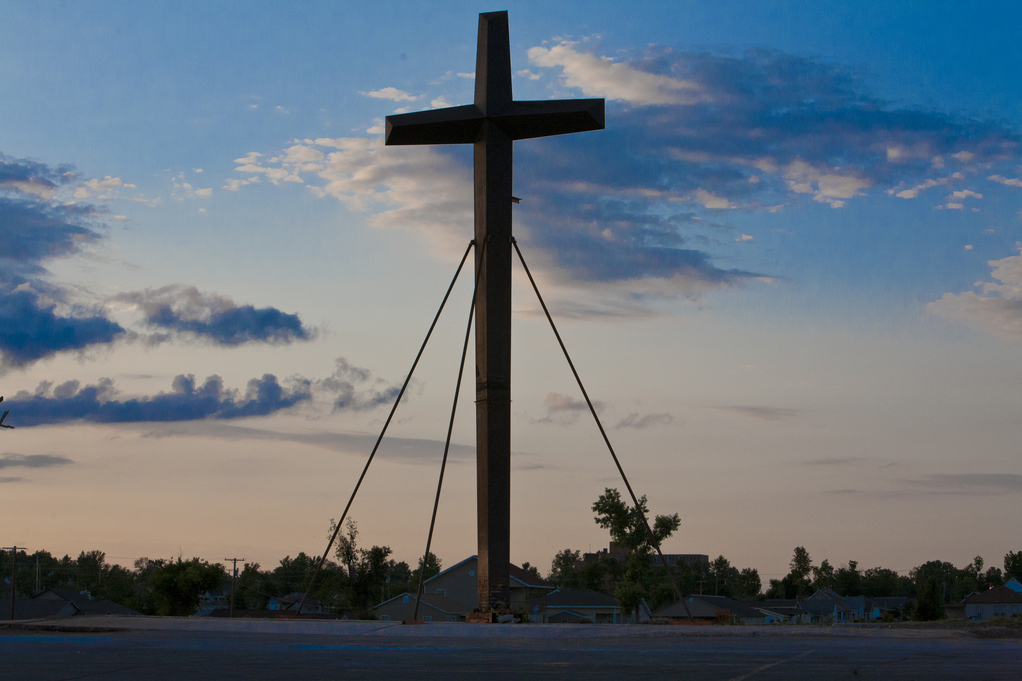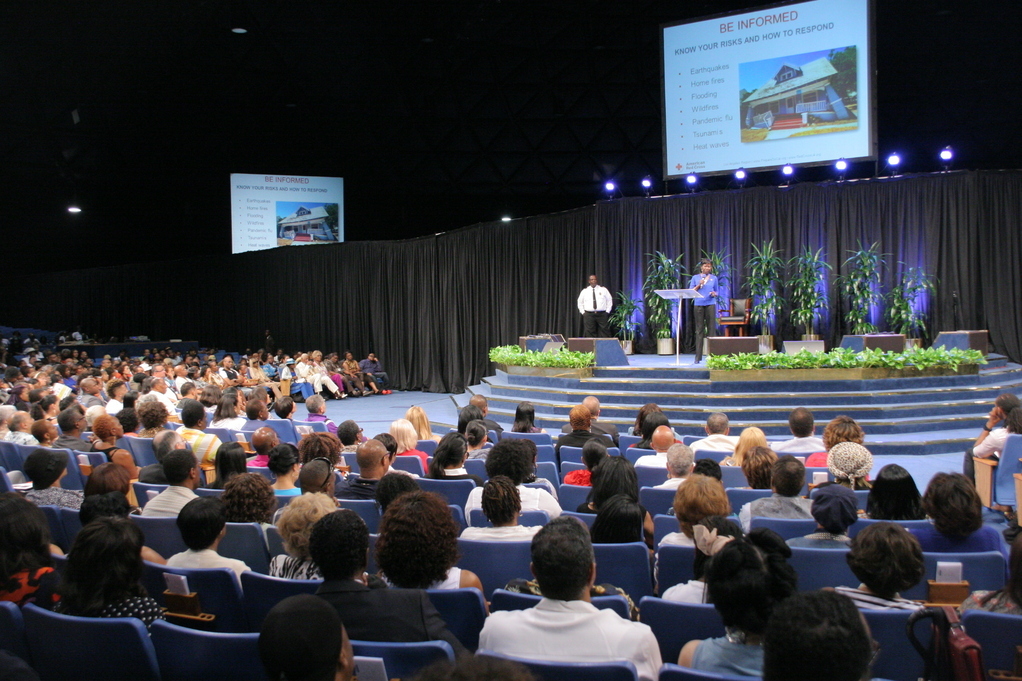Why Are People of Color Leaving White Evangelical Churches?
“We went to church on Sunday morning hoping we would hear a word of comfort. And many of us…found no word of comfort. We found no word at all.”

There have been a lot of headlines recently about President Donald Trump’s alleged extramarital affair with an adult-film actress and attempt to silence her with hush money. It’s just the latest in a long string of salacious scandals involving Trump that would have sunk most other politicians’ careers.
Trump famously bragged about sexually assaulting women, a story that was uncovered late in his candidacy. And he has a well-documented history of using demeaning language toward women and other marginalized groups.
None of these things seem to have done any real damage to his base of support. Some speculate the reason is that Trump never claimed to be morally exceptional — or even morally decent. And yet, white evangelicals — a morally righteous group — voted for Trump by a wide margin. And there’s no indication that evangelical support has wavered. That’s partly due to Trump’s stances against abortion, in favor of conservative judges, and in favor of (Christian) religious liberty.
But not all evangelical Christians are happy with their fellow congregants’ support of Trump. A recent article in the New York Times profiles people of color who attend, or have attended, predominantly white Christian churches.
Reporter Campbell Robertson says many black congregants are leaving those churches. That’s after Trump’s profane and derogatory comments about African countries and Haiti during immigration talks, his public hostility toward Black NFL players, and his comments that there were “good people” among the white supremacists marching in Charlottesville.
Robertson writes in his article, “A Quiet Exodus: Why Blacks Are Leaving White Evangelical Churches”:
“…White evangelicals voted for Mr. Trump by a larger margin than they had voted for any presidential candidate. They cheered the outcome, reassuring uneasy fellow worshipers with talk of abortion and religious liberty, about how politics is the art of compromise rather than the ideal. Christians of color, even those who shared these policy preferences, looked at Mr. Trump’s comments about Mexican immigrants, his open hostility to N.F.L. players protesting police brutality and his earlier “birther” crusade against President Obama, claiming falsely he was not a United States citizen. In this political deal, many concluded, they were the compromised.”
Robertson joins Detroit Today with Stephen Henderson to talk about his reporting on the issue.
“What struck me most…I would talk to people in completely different parts of the country in totally different circumstances who didn’t even know anyone else was going through this, and the timeline was the same, the words were the same, they described the sensations the same way,” says Robertson. “And I thought, this is a big thing going on that we need to know about.”
Henderson also speaks with Chanequa Walker-Barnes, an associate professor of practical theology at Mercer University in Atlanta who was quoted in Robertson’s article. Walker-Barnes recently left the white-majority church where she had been on staff.
“The exodus started the day after the George Zimmerman verdict,” says Walker-Barnes. “We were mourning. And we went to church on Sunday morning hoping we would hear a word of comfort. And many of us who went to either multi-racial or predominately white spaces found no word of comfort. We found no word at all.”
“That (Trump’s racial rhetoric) wasn’t a deal-breaker for people whose call and whose baptism requires them to look beyond skin color, that they prioritize one single issue (abortion) over all of these other issues is the problem,” she continues. “And so the fact that that wasn’t a deal-breaker indicates that that it was much more about race than (some white evangelicals) are willing to admit.”
Click on the audio player above to hear the full conversation.

